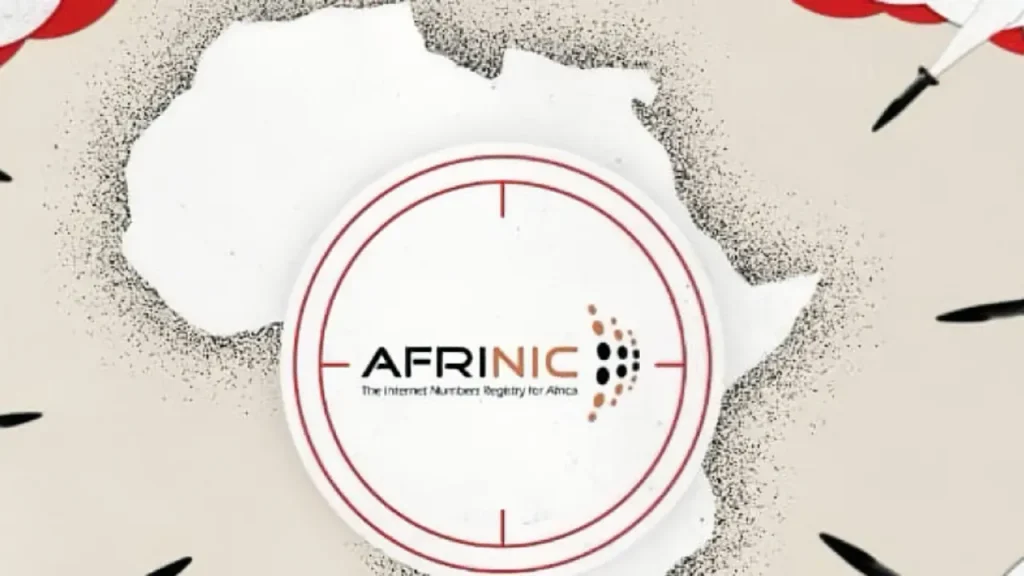- Emergency injunction stops Judge Ohsan-Bellepeau’s AFRINIC probe, citing breaches of company law.
- Court move seen as a defence of judicial independence against executive overreach.
Critics call political interference
In Mauritius, the judiciary has drawn a clear line in the sand, halting a politically-backed investigation into the African Network Information Centre (AFRINIC) just weeks before its high-stakes board election.
The Supreme Court issued an emergency injunction blocking Puisne Judge Nicolas Ohsan-Bellepeau from continuing his role as Special Inspector, a position created through a mid-July proclamation by the Registrar of Companies — a move backed by the Prime Minister’s office.
The court acted on an urgent application from stakeholders who argued the investigation’s scope breached Part XV of the Mauritian Companies Act, which governs company inspections. The ruling also prohibited the Registrar from appointing or mandating any inspector to conduct an inquiry beyond those legal limits.
The suspension comes at a politically sensitive moment. AFRINIC, the registry responsible for allocating IP addresses across Africa, is due to hold its board election on 29 August — a vote already criticised by some as procedurally flawed. Judge Ohsan-Bellepeau’s appointment on 25 July by President Dharambeer Gokhool, drew concern for its broad, undefined mandate with no clear time limits or statutory boundaries.
The Supreme Court has scheduled a hearing for 13 August to decide whether the injunction should be extended.
Also read: EXPOSED: The letter that reveals who was really benefitting from AFRINIC’s lawsuits
Also read: Did ICANN’s lawyer illegally visit AFRINIC when the Official Receiver was away?
Why it’s important
AFRINIC plays a central role in Africa’s internet infrastructure as one of the world’s five Regional Internet Registries. Its decisions directly affect the digital sovereignty of more than 50 African countries.
For nearly three years, the organisation has been paralysed by governance disputes, contested elections, and litigation — including a high-profile conflict. In June, AFRINIC held a partial board election in a bid to restore order, but allegations of irregularities and opaque rules damaged confidence further.
The court’s intervention is being hailed by legal observers as a vital defence of judicial independence in the face of executive overreach. Critics say allowing the Prime Minister’s office to influence AFRINIC’s governance through a loosely framed investigation could have compromised the organisation’s fragile recovery and set a dangerous precedent for political interference in internet governance.
The ruling underscores that even in the contentious, high-stakes environment of Africa’s digital governance, the rule of law remains a check on political power — and, for now, the courts are willing to enforce it.

